These are strange times we’re living in, and not just because of the pandemic. Never could I have imagined living in a time where so many people behave in a way that is contrary to their own best interests.
For example, many people in the US are refusing to be vaccinated against Covid-19. It just makes no sense to me (or the rest of the world) – but then I guess that’s the point I’m making.
People also refuse to face the facts of climate change and continue to overuse the planet’s resources as though it has no effect. And it is way past time to do anything but possibly defer the worst of what is to come.
I can’t even comment on the disfunction in the US, my birthplace. I no longer feel pride or even any lingering warm feelings as I can’t ignore the horror of what it is now.
I have always read a lot and while my reading has gone up and down during the pandemic trying to understand what is going on in this world and what can be done – if anything – has been my overwhelming focus. Here I thought I might give you a brief tour of what I’ve been reading lately and if you have suggestions (that aren’t too science-y) I would appreciate your comment.
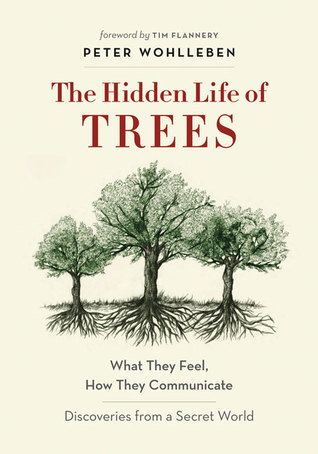
I think the first book I read that made me think about what a mess we have made of things was The Hidden Life of Trees by Peter Wohlleben. This book made me rethink my opinion of logging companies replanting programs and gave me such respect for trees and their complex relationships.
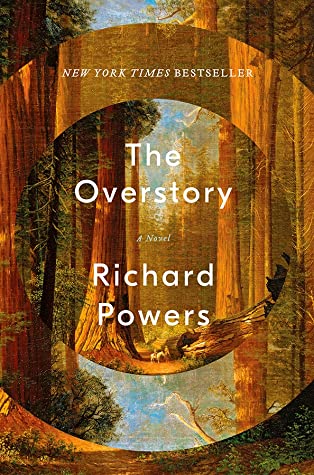
From there I jumped over to The Overstory by Richard Powers. Lovely writing and I learned more and more about trees, their importance to the environment and how acts like “selective thinning” are so detrimental to their complex relationships. Read it and then look at a photo like the ones here on Ancient Forest Alliance website and if you’re like me you will want to cry. Please note, though, crying does nothing.
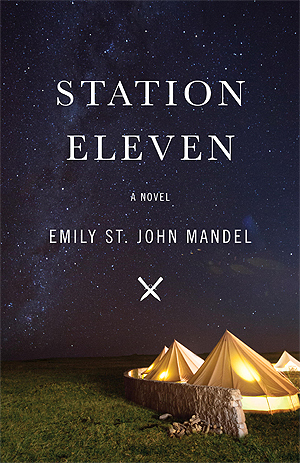
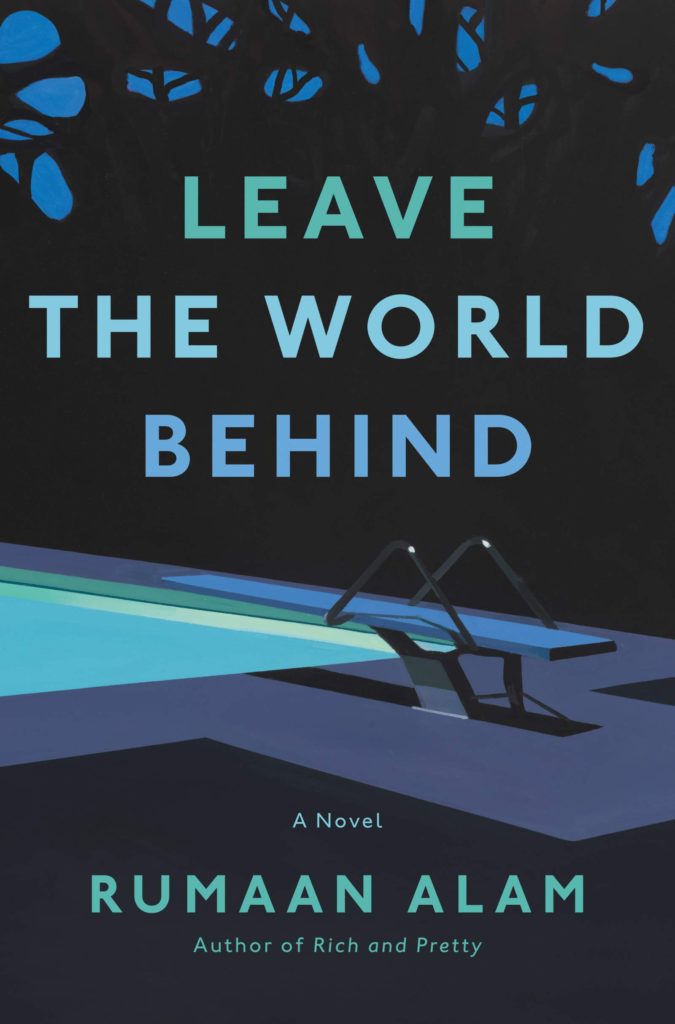
I can’t only read such books and have to read fiction in between. But I didn’t go far as I jumped off into post apocalyptic fiction… made the reality I had been reading about even a bit more scary. I’d recommend Station Eleven by Emily St. John Mandel. Or here’s another one that will make you think about yourself, your biases and what the world is coming to – Leave the World Behind by Rumaan Alam.
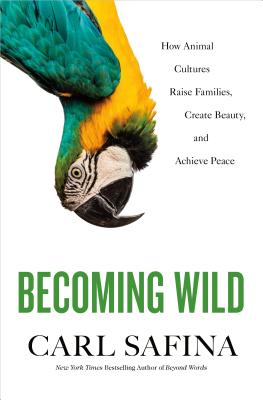
I then read Becoming Wild by Carl Safina. What an amazing look into the lives and culture of sperm whales, scarlet macaws and chimpanzees. Safina demonstrates that these animals have culture – and by the end of the book I realized their culture is more kind and deep rooted than we see in much of modern humanity.
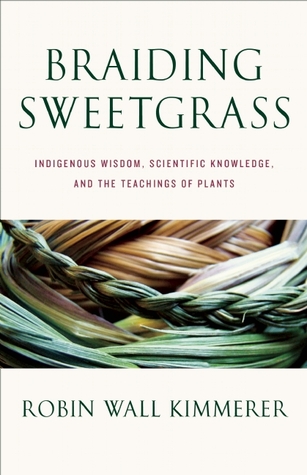
Next came Braiding Sweetgrass by Robin Wall Kimmerer. A short paragraph here won’t do the book justice as Kimmerer tells her story as only a Native American could, pacing her reveal of the truth that the lives of humans, plants, and animals are so intertwined that without care it can all come apart. The US is a racist country – this is clear – and the story of the Native Americans is just a part of this shameful history. Her writing is lovely – and her book Gathering Moss is wonderful as well.
I love that water and rocks are considered living things… of course along with plants and animals. We must care and consider our actions on the entire natural world.
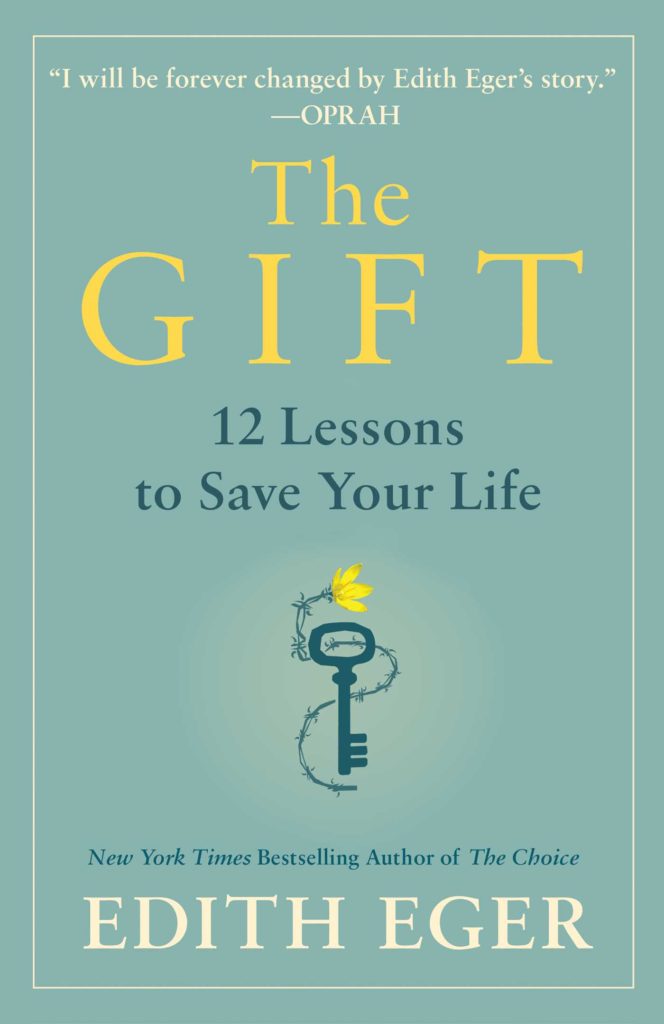
As part of my search to understand how some people can be so awful and others be so thoughtful and wise, I read The Gift by Edith Eger. Dr. Eger is an inspiration – a Holocaust survivor who puts into perspective how to approach the challenges we all face. I am not the same after reading this book. I also read another Eger book, The Choice. Still, I don’t understand how so many people don’t believe that this precious life is meant to be lived well. Instead they abuse others while angrily reaching for power and money. After I finished The Gift I went and re-read Man’s Search for Meaning by Viktor Frankl. If you haven’t read it, please do. I find new inspiration each time I read it.
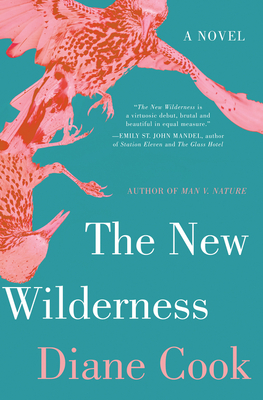
Oh no, I headed off again into the land of the future. The New Wilderness by Diane Cook takes you into a world that could be not too far in the future. And that’s a scary thought.
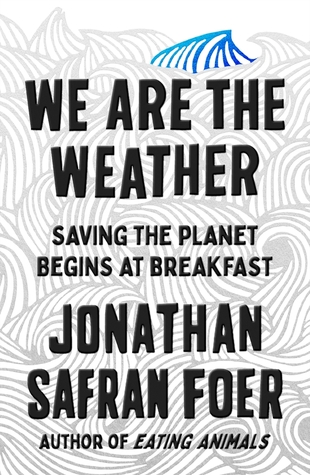
Jonathan Safran Foer’s We are the Weather had been on my list for a while. His premise was to try to look at the science and evaluate what real world changes we all can make that will actually have a significant impact on the impending breakdown due to climate change. He makes the case that the most important thing we can do is stop eating meat, or at least mostly stop eating it. This is a thoughtful book – he is hoping that we will respond so that his children (and yours and mine) will have a world to live in.
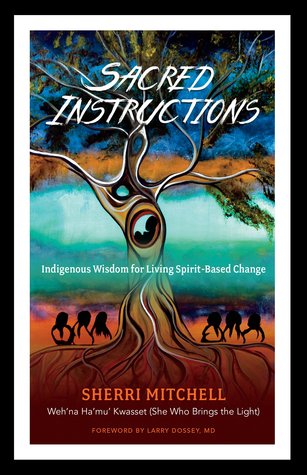
I decided then to look for some wisdom again from Native Americans. Sacred Instructions by Sherri Mitchell is a wonderful book that I found so inspiring. Quote from Goodreads ” For all those who seek to create change, this book lays out an ancient world view and set of cultural values that provide a way of life that is balanced and humane, that can heal Mother Earth, and that will preserve our communities for future generations.” Hear, hear!
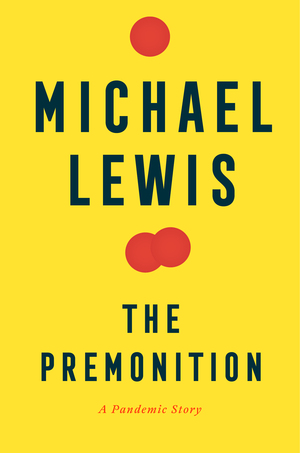
Bouncing around a bit found me reading Premonition: A Pandemic Story by Michael Lewis. Lewis is the author of Moneyball, The Big Short, and Liar’s Poker. He’s a good researcher and writer and the story he tells of the early days of the pandemic and the disfunction and worse that went on is hair raising. But as always, there are some good people out there working hard for little acclaim, thank goodness.
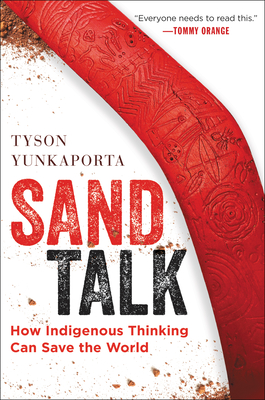
I’m currently reading two books. The first is Sand Talk: How Indigenous Thinking Can Save the World by Tyson Yunkaporta. This book is delightful but I am taking it in small bites. Tyson is a Native Australian and his perspective is teaching me how to see our world differently.
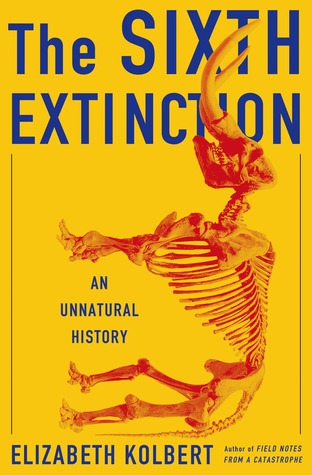
The Sixth Extinction: An Unnatural History by Elizabeth Kolbert was written in 2014 and is making it clear how far past the line of no return we have come. I guess there is still some debate as whether we are currently in the Holocene epoch or the Anthropocene – but it seems we are in the sixth extinction and that the transformative event leading to this current extinction is not an outside event like an asteroid hitting the earth but due to man’s influence on the natural world. (hence, anthro) I can’t tell you how shocking this is to read even though I had thought I was up to date on climate change. It is worse than I thought. I know this. The world will be radically different in 2050.
How can we all just go about our daily lives? No amount of recycling or even buying hybrid cars is going to change things. We must be bold.
Jonathan Foer says that we should mostly stop eating animal products, reduce airplane trips as much as possible and adopt a walking lifestyle. Still, it doesn’t seem enough to me. And what to do about evil or ineffective government and people who embrace conspiracy theories rather than the truth?
My point here is not to lecture. I am truly afraid that the people we have allowed to be in positions of authority are not taking this seriously. Not in the US, or Mexico, or anywhere, really. Climate change goals are great but we can’t wait for some future day. We need to be bold now.
I am still working out what all this means to me, and have been working at having a smaller footprint but that is by no means enough. What are you doing? Can you make meaningful change? I am trying and I hope you will too.

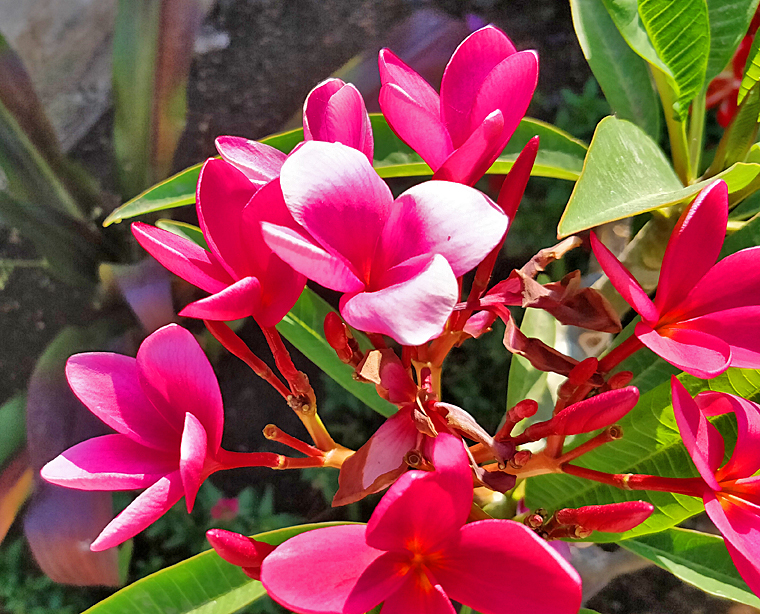
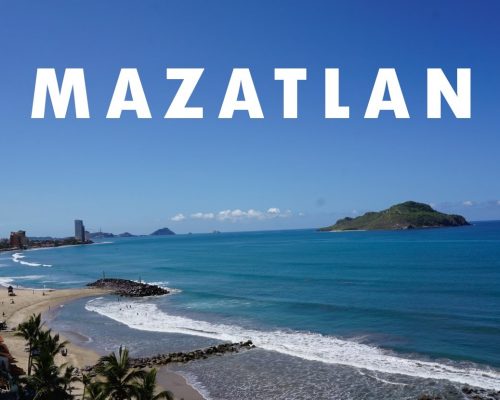
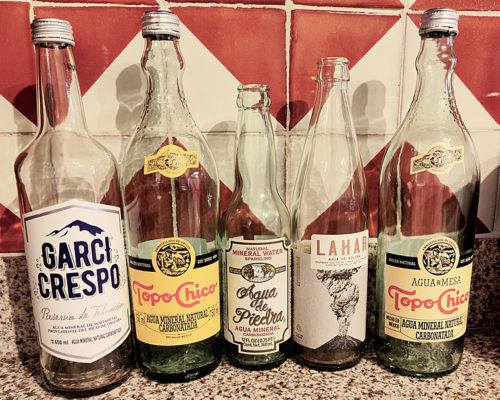
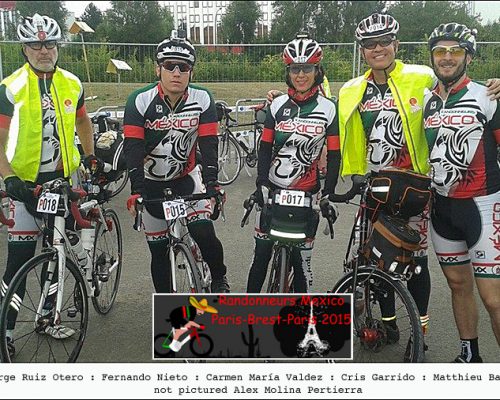
Anne
May 29, 2021Ah Nancy, how you echo my thoughts. There are times we talk about, around and sometimes through the problems in the US until I feel I would like just to live in space! Apart from the obvious small things, I have no unheard new ideas for how to save the planet. It’s all so depressing.
Nancy
May 29, 2021Hi Anne, Thanks for commenting, it is depressing but I think that’s one reason no one seems to want to think about it and the solutions all take sacrifice. What an awful indictment of humanity. Anyway, I hope you and Peter and the family are well. Miss you. xoxo
judith bond
May 29, 2021Thank you, Nancy, for talking about these important books. I feel overwhelmed by the problems of the world, and have no answers. We are trying our best to leave a small footprint by living without a car ( it is easy because our neighborhood has almost everything within walking distance, and on the odd occasion when we need to, we take a car share or the subway). We are also living small and eating a more plant-based diet. Walking daily in the 399 acre park so close to us keeps us sane. I have also loved reading Caste by Isabel Wilkerson, and Ice Walker by James Raffan, by the way.
Nancy
May 29, 2021Hi Judith, It is overwhelming, you’re right. Thank you for your book recommendations and also for all you’re doing (and not doing) to improve our chances. All the best to Ken, I love the sound of your daily walk. xoxo